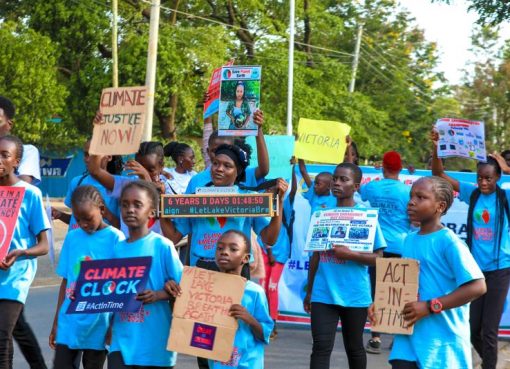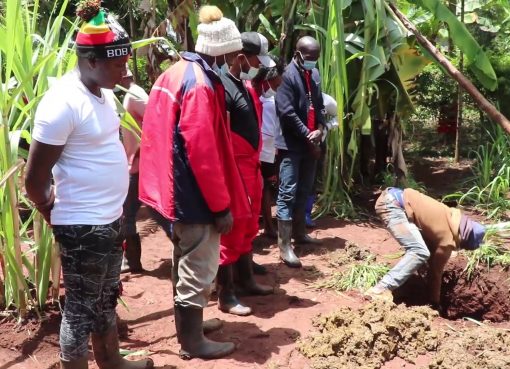Kitui County has developed an energy masterplan tapping into the last mile connectivity and renewable energy to stimulate rural economies, County Environment Executive, John Makau has said.
Makau noted that the masterplan aimed at advocating for and promoting use of clean, sustainable, reliable, accessible and affordable energy and to amplify the positive impact of renewable energy on the development of the Kitui County.
Speaking in Mwingi Town on Wednesday during a meeting with energy partners, the County Executive noted that the county energy policy would prioritize energy for households and allocate adequate resources to renewable energy projects.
The energy masterplan is a collaboration between the County Government of Kitui, Netfund, Caritas Kitui, Groots Kenya, CAFOD Kenya and the impacted communities of Kitui County to make clean and sustainable energy a priority for Kitui from grassroots to County level.
The partners are providing a space for allies to organise and demystify the concept of energy and to ensure an enabling and progressive sustainable energy planning at the County and National level.
“The County Government of Kitui has fully taken the mandate of planning and developing clean energy initiatives in accordance with Kenya Vision 2030 framework, the Constitution of Kenya, the Energy Act 2006 and the proposed National Energy Policy 2015,” added Makau.
He said that Kitui aimed at providing renewable, affordable and sustainable energy alternatives to all households and it was their goal to provide an enabling environment for all residents so that everyone is accorded similar opportunities to economic growth and environmental sustainability.
“Access to clean energy technologies also results in significant socio-economic benefits, such as health, particularly for children and women who appear to bear the brunt of the ill-effects of the existing harmful sources of energy,” said Makau.
The Energy leader at CAFOD, Ms. Sarah White said that the effects to mitigate with the introduction of clean renewable energy included inhaling soot and other matters released by burning kerosene for lighting or wood fuels for cooking.
“Solar energy reliance will also increase income generation opportunities such as extended lighting during evening time in rural places off-grid for gainful commercial activities,” said Ms. White.
The Director Caritas Kitui, Florence Ndeti said that energy is a development enabler, adding that improved accessibility would help to highlight the benefits of utilizing clean energy for economic and social development, a first for Kenya.
Ndeti lamented that Kitui residents’ health, economy and education suffers as a results of dirty energy use.
“Clean, reliable, affordable, accessible and sustainable energy should be a priority for all Kenyans, from grassroots to the national government,” she observed.
By Yobesh Onwong’a



